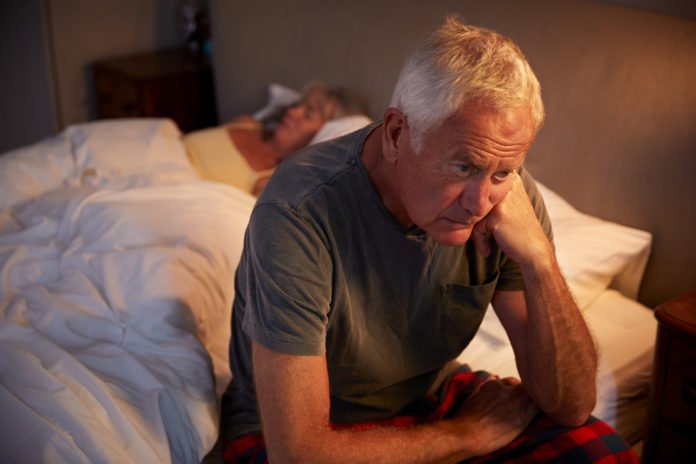People with insomnia often reported difficulties with sleeping. But the less known fact is about the brain signals underlying poor sleep, in particular when patients are back in the community.
According to a new study by the University of Surrey, University of Freiburg, Germany, and the University of Bern, Switzerland, people with insomnia who had a stroke also have reduced their ability to relearn key skills. Scientists worried that it could put them at increased risk of depression.
This is the first study that compared the brain signals of patients in the chronic state. For this, scientists conducted a polysomnogram (PSG) test, which assesses the brains’ sleeping patterns over two nights. They found that stroke patients took a long time to fall asleep and that they had poorer sleep efficiency.
With the help of multiple sleep latency test (MSLT), scientists found that stroke patients were less likely to nap or fall asleep during the day to compensate for lost sleep at night.
Researchers believe that sleep problems experienced by stroke patients are due to a number of contributory factors, such as greater psychological strain, pain, and discomfort as well as reduced levels of physical activity.
Annette Sterr, Professor of Cognitive Neuroscience and Neuropsychology at the University of Surrey, said:
“Our research shows that those who have suffered from stroke maintain difficulties with their sleep which is likely to affect the overall recovery and quality of life. The importance of sleep in aiding the recovery of patients should not be underestimated in helping to improve and maintain physical and mental wellbeing.”
“Presently sleep is not considered in the NICE guidelines for stroke rehabilitation, an issue we hope will be revisited by the organization in due course. Harnessing the power of good sleep is likely to maximize recovery and quality of life”
The study is presented in the journal Scientific Reports.
